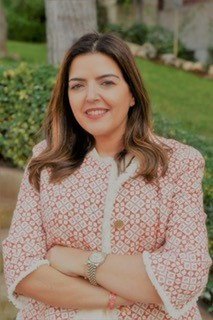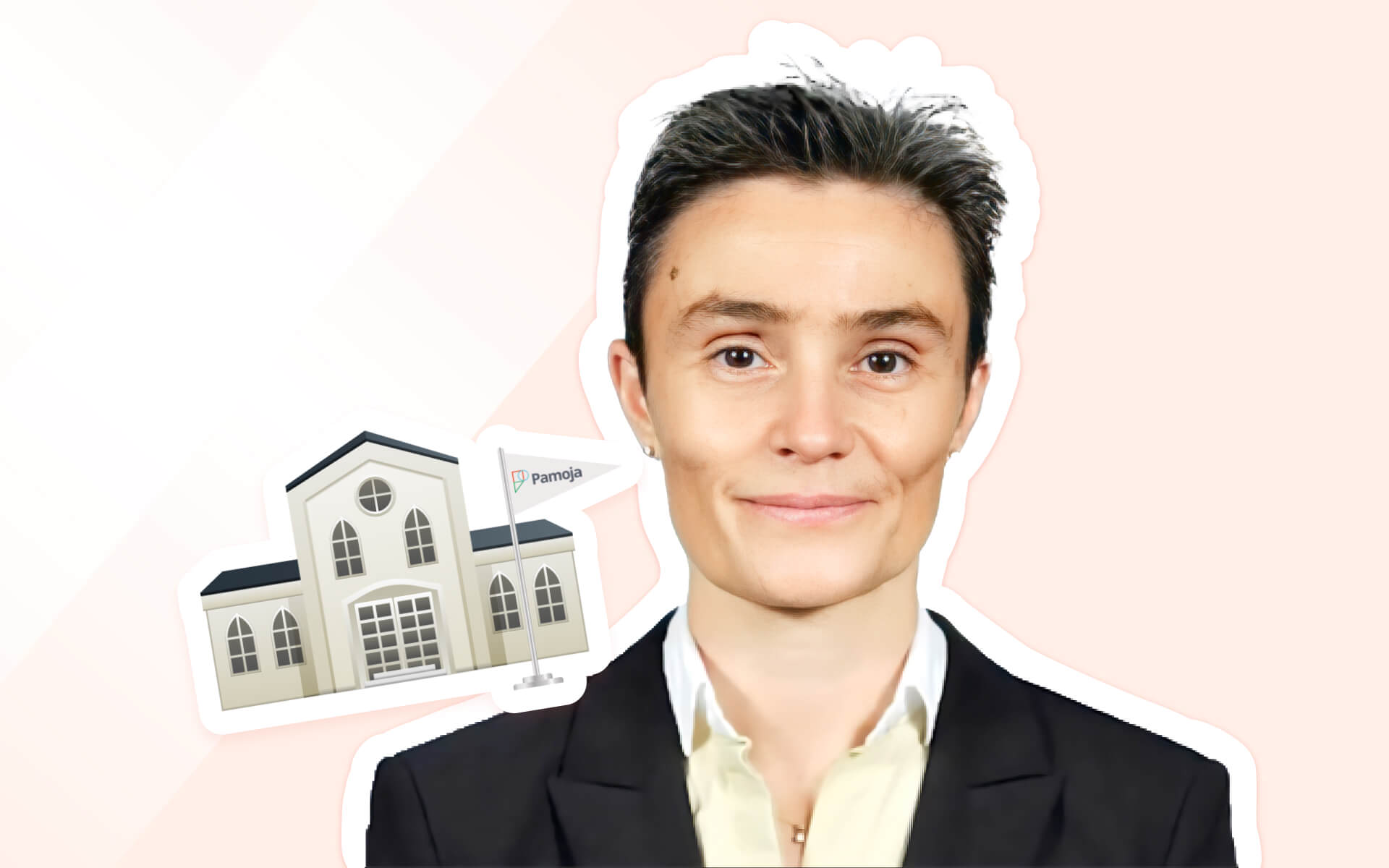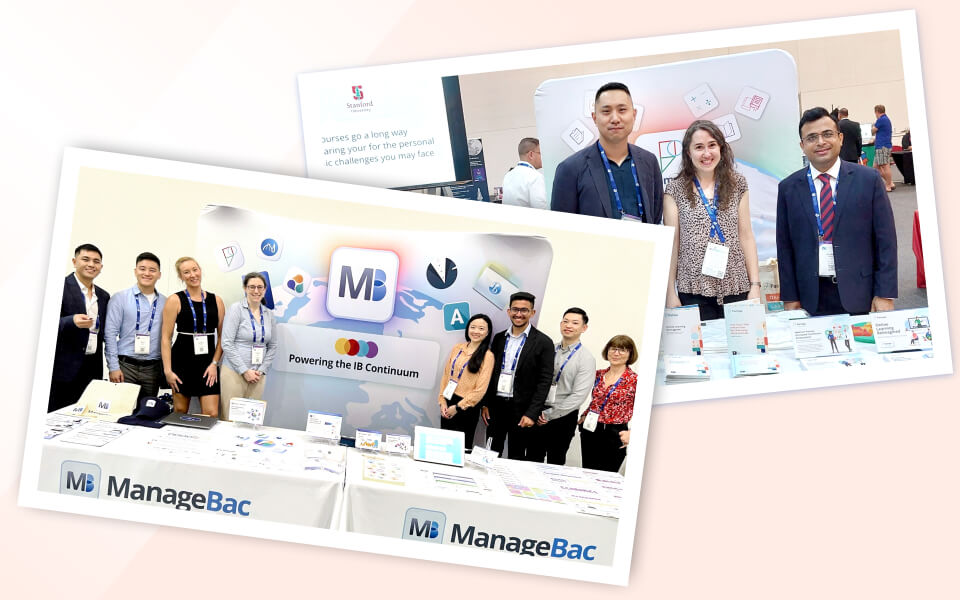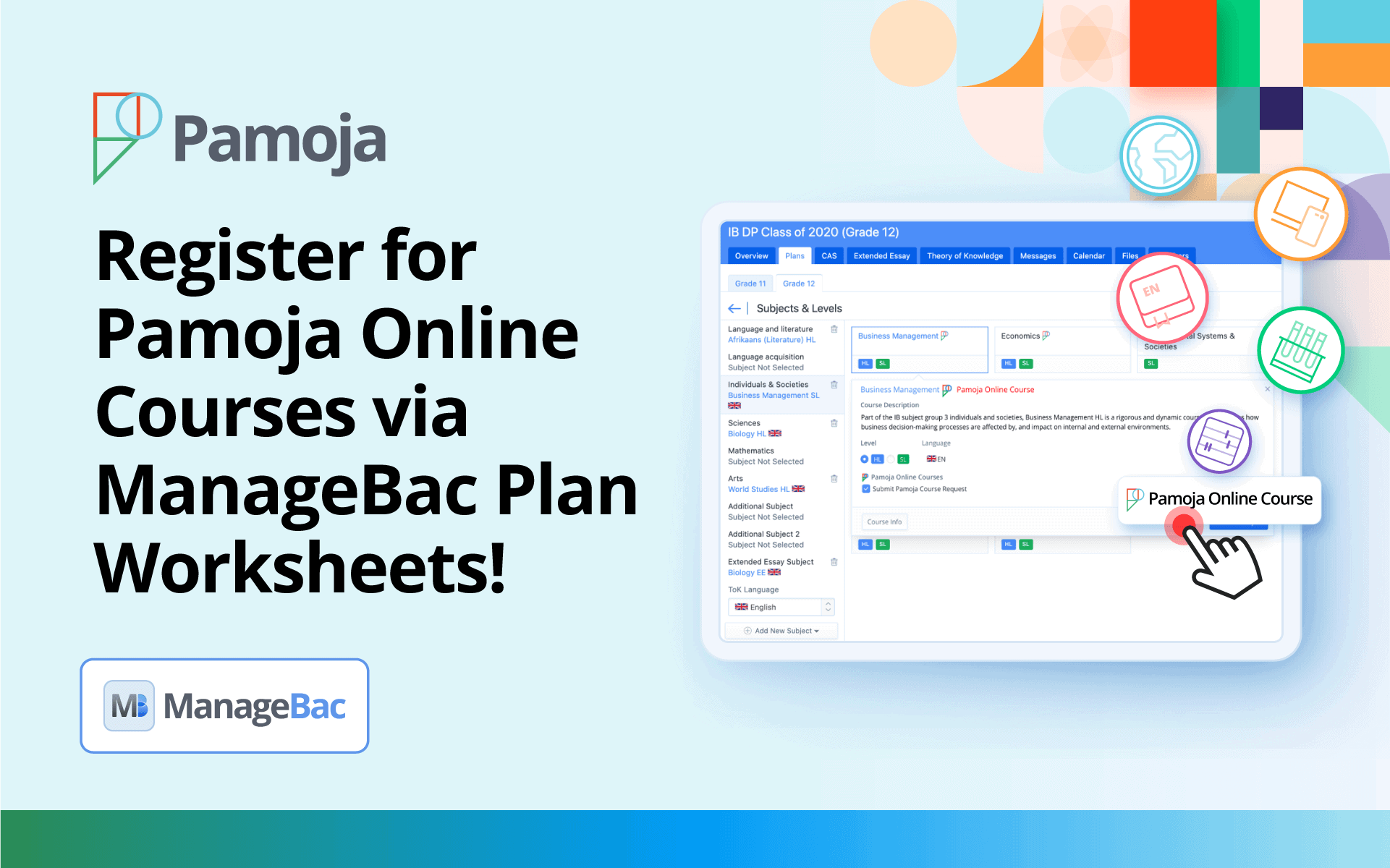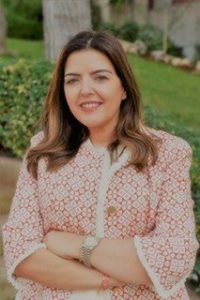 Please tell us about yourself!
Please tell us about yourself!
My name is Samar Aad Makhoul.
I started my career as a Computer Scientist in 1997 after receiving my BSc from the Lebanese American University (LAU) in Beirut. A few years later, I got my MBA at the University of Liverpool and my Teaching Diploma at the University of Sunderland. I spent more than 10 years working in the field of education and also worked as the E-learning Director at the British International School in Jeddah (BISJ), where I resided with my husband and two girls for 15 years.
I was introduced to Pamoja in 2008 when I was the Head of ICT at BISJ. Working at BISJ also introduced me to the IB program – I worked as an IB ITGS and Business Management teacher, IB workshop leader and chief examiner. It delights me to see that the IB has been widely recognised in the Middle East, Lebanon in particular.
In 2008, when I was first introduced to Pamoja Education, I knew that it was the future. As known by many, online education was not something common or implemented at a high school level back in 2008. But I knew that the technological changes and advancements taking place in the world had to impact the education sector eventually. For instance, education nowadays consists of flipped classrooms, use of technology, differentiation and more. Online learning will soon be embedded in many schools. I wanted to be part of this change in education and lead a class of students living in different parts of the globe. Teachers need to embrace technology and develop themselves to stay updated with changes and trends. According to an article published by Forbes in May 2018, “E-learning tools provide educators and students with access to resources they couldn’t have had otherwise, no matter their status or location. A philosophy student in England can learn from the top professor a continent away”.
Pamoja is not replacing traditional schools but is complementing them; this is the future of education. As a Pamoja teacher, I always seek to engage my students and inspire them.
Why did you decide to become a teacher?
Becoming a teacher wasn’t something I planned or expected, it all happened by coincidence after I got married and moved to Saudi Arabia in 2002 with my husband.
Back then, women had limited opportunities when it came to applying for jobs; I started teaching as I had no other choice. Since then, what started as a job to kill time has become a passion since joining the British International School.
What do you think the future of ITGS looks like?
I believe it will soon have another dimension as the way we are working and communicating nowadays is changing; our lives are being digitised and this brings with it significant impact. Some jobs will soon disappear, and new jobs will be created, which is why students need to be innovative; they need to learn more about robotics, and they need to have many skills including coding. Understanding the nature and role of technology in all areas is crucial in order to make our lives different and ultimately easier. Technology in the classroom naturally raises different social and ethical concerns which need to be addressed. We can no longer live without technology, but we need to understand the pros and cons associated with it. For example, one of the advantages of using technology is that it helps us in many ways and facilitates continuous learning – this was one of the factors that prompted me to embark on a doctoral degree.
Tell us more about your doctorate…
Enrolling onto a doctoral programme was not an easy decision, and one that matured over a year. I had to look at the pros and cons, and weigh up the challenges I might face in managing my time and finances. A doctorate does not come cheap, but I would say it is priceless.
After several studies and research, I chose to base my study on a topic which combined my tech and business background: Artificial Intelligence and its impact on HRM [human resource management] functionalities. I then started applying to universities that matched my requirements, and was thrilled when I received my unconditional letter of acceptance from Durham University.
Anything else you’d like to tell us about?
I love being a part of Pamoja’s virtual family, and I am hoping that my doctoral research will help me enhance my education skills and develop my understanding and knowledge in research studies. As shown above, teaching is my passion and I would love to translate and deliver my knowledge to students in the future.
Sign up to our monthly newsletter to keep up to date with all the latest Pamoja news.


